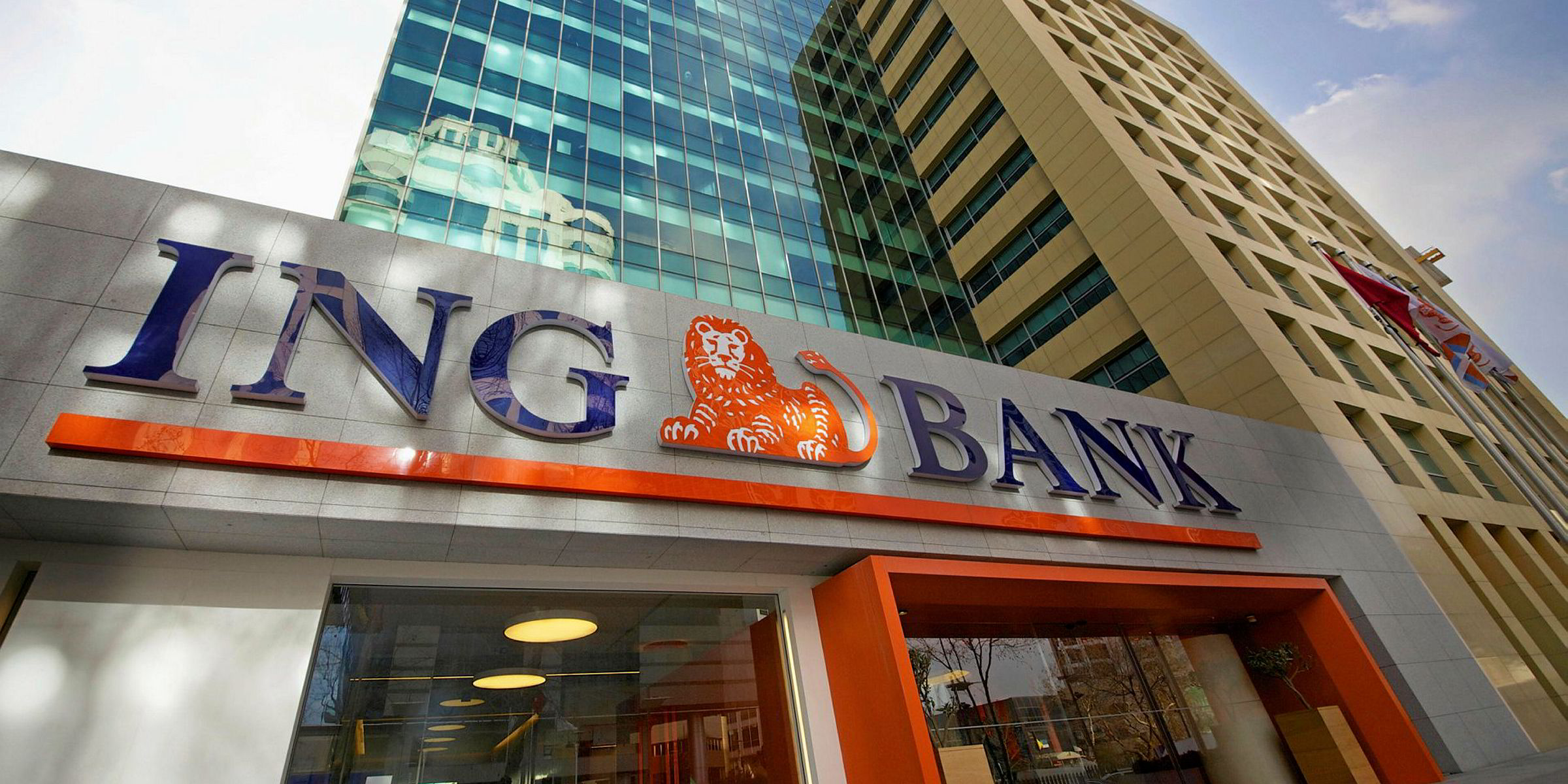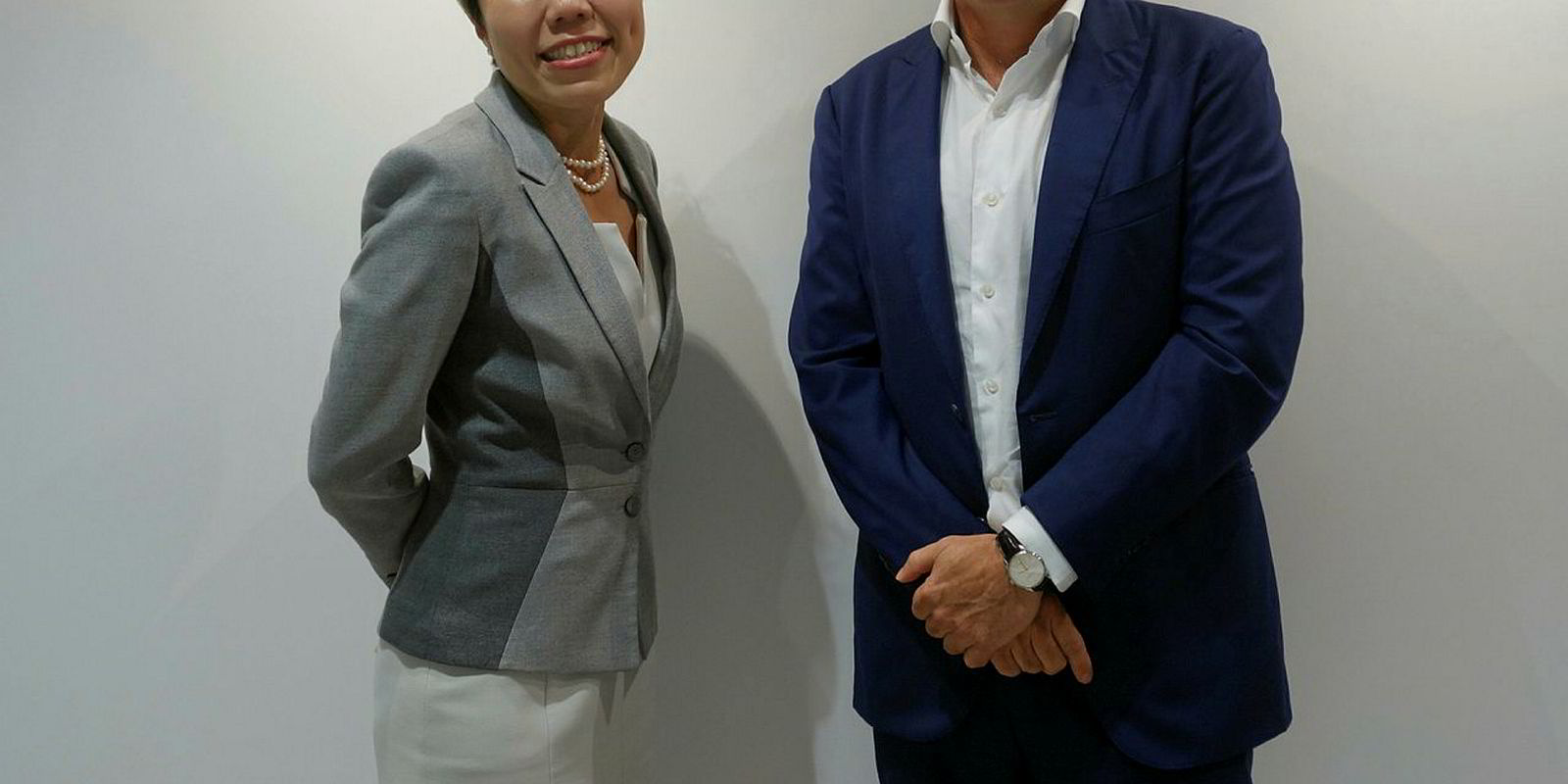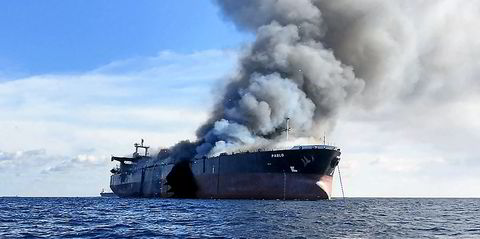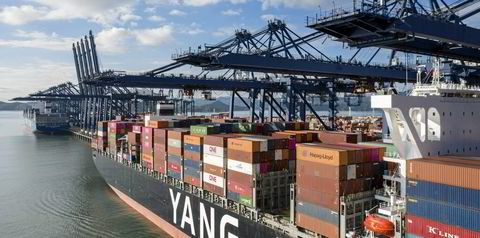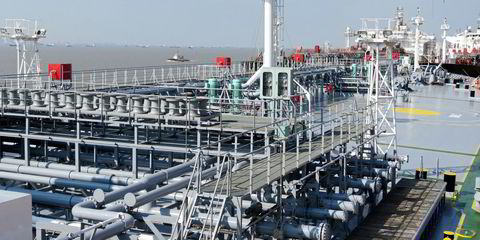Singapore’s growth as an international maritime hub over the past decade has been matched by its emergence as a global commodities trading centre. This is proving to be an interesting marriage for the financiers serving both sectors.
Lynn Ng, Singapore-based head of commodities, food and agriculture at ING Bank, says the two industries are closely related.
“Raw materials always need to be shipped to the markets," she says.
"The cargo and the freight element need to be financed. China is growing, other Asian countries are growing, so trade overall in this region is growing.”
Ng notes traders are increasing in size, but are fewer in number.
“This consolidation is a good thing as it has brought more discipline," she says. "They are thinking longer term. They are interested in buying their own vessels.
“We finance quite a number of commodities companies that happen to have shipping activities. This works well as both our transportation and commodities teams can service them together.”
Ng says ING is playing an active role in financing digital developments in the commodities space, to improve the speed and efficiency of transactions.
References to blockchain technology pepper her conversation.
“For hundreds of years, we have been dealing with the same processes for trade finance," she says. "Letters of credit, bills of lading and quality checks all take time to create and then have to pass through banking channels. That is why most trades take 30 days to complete and for suppliers to get paid.
“With blockchain, there is no need to prepare documents. The data is all there. The banks have the data, so there is nothing for them to check and they can pay without delay.
As an example, she cites Easy Trade Connect, a blockchain-based prototype trading platform that has been developed by ING and tested by traders and banks.
“It has proven that it works," she says. "Transaction timing has been drastically reduced. The manpower needed to process a transaction has also been reduced.”
However, Ng concedes that while the technology has been proven, there is still much more that needs to be done.
“Realistically speaking, it won’t happen overnight," she says. "A lot of parties are involved and there are many legalities that need to be worked out. But the momentum is gaining.
“It will also be a very powerful tool to identify the people involved in a transaction.”
Ng argues that shipping needs to get onboard as benefits cannot be reaped unless there is participation from everyone in the chain.
